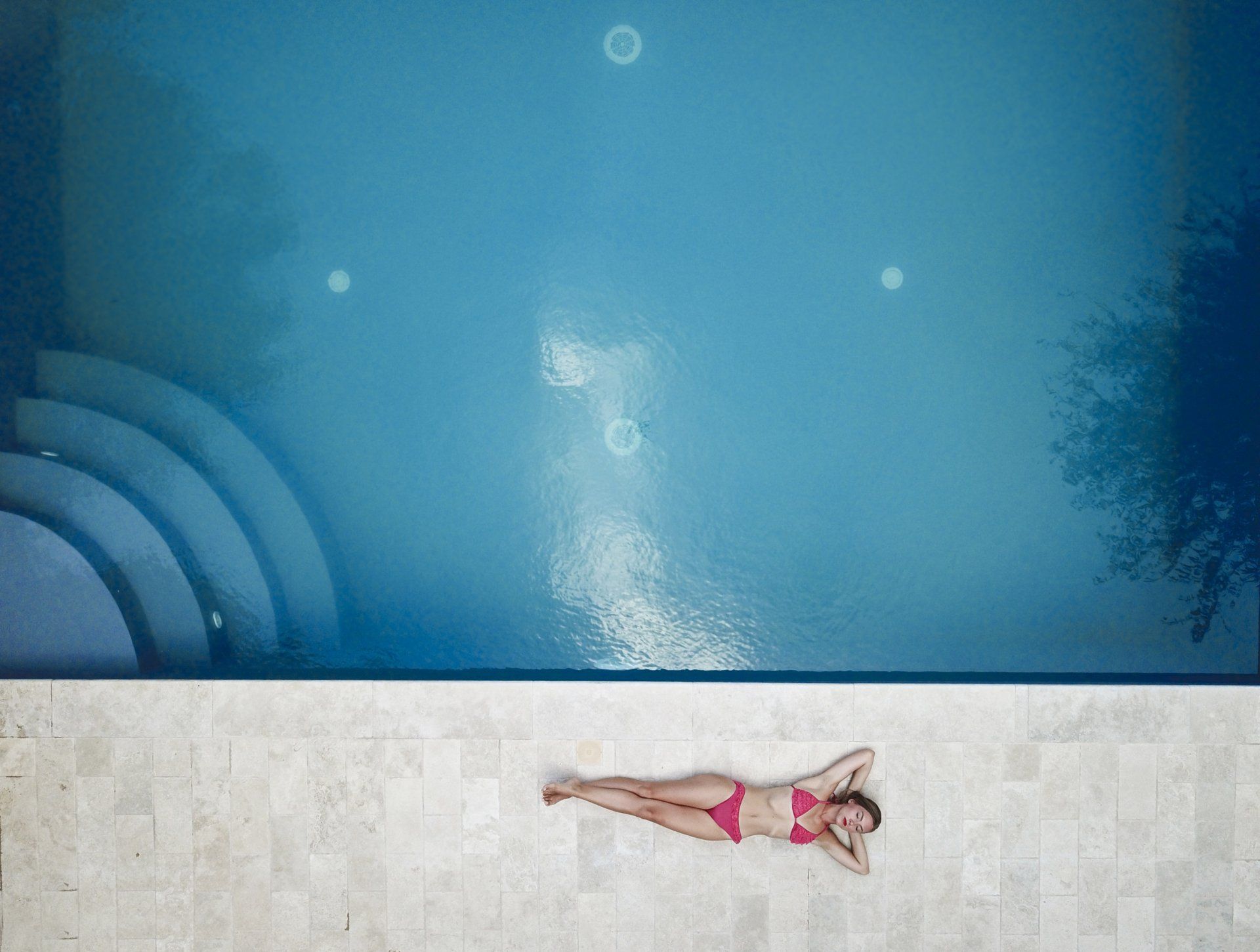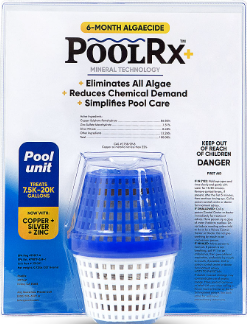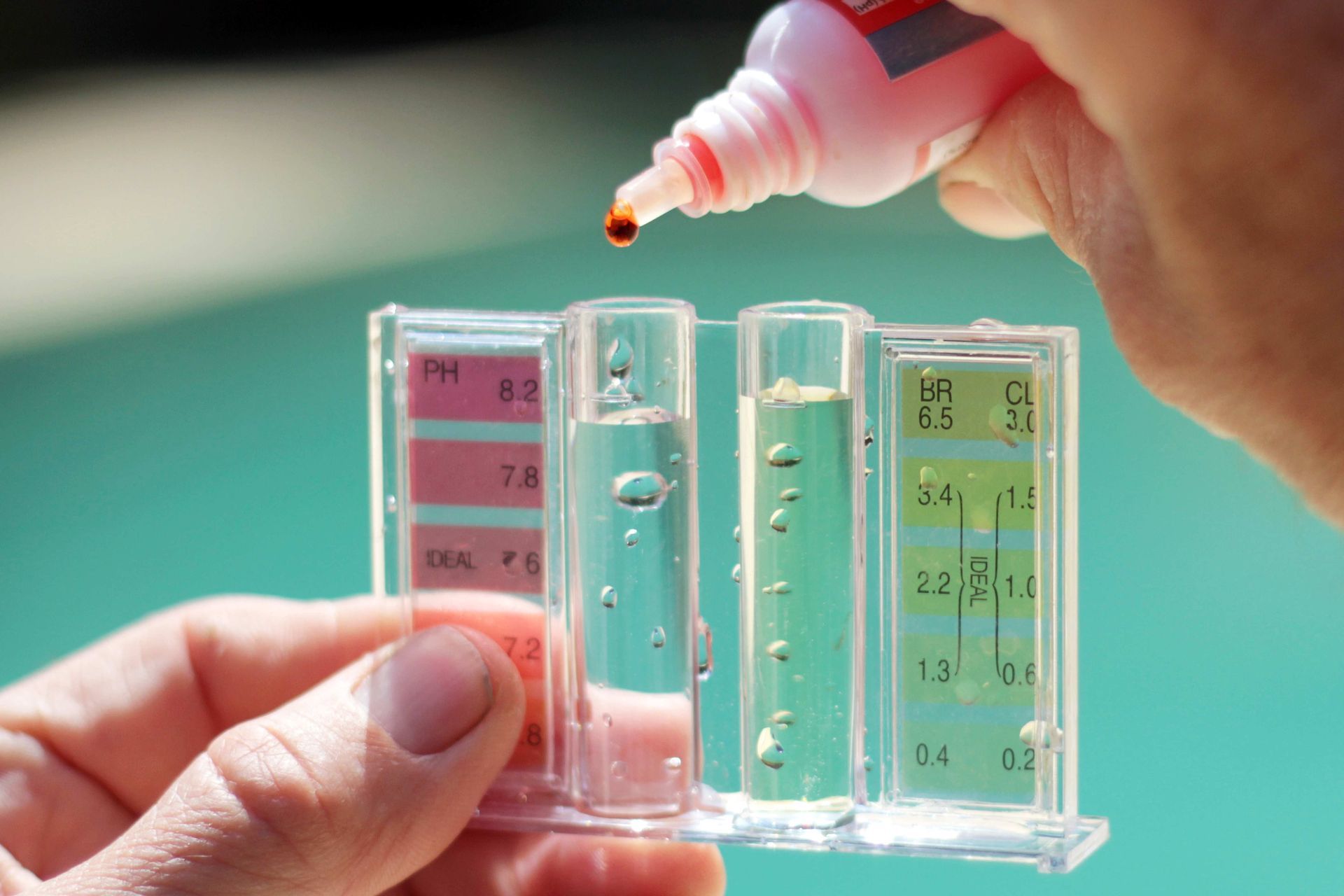Blog

Pool conditioner is a pretty simple thing to understand—it helps make your pool water feel soft and silky. It also helps with the appearance of your pool water, making it more clear, which makes for better swimming and fun in the sun! But there are some things you should know about pool conditioner before you start using it. Here are some of our pros and cons for using pool conditioner: Pros of Pool Conditioner: -You can use less chlorine when you add pool conditioner because it works more effectively with chlorine, so even if you're using less chlorine than before, you'll still get the same results (and save money!). This is because pool conditioner acts as a sunscreen for chlorine. Without pool conditioner chlorine would burn off from the sun's UV rays in a matter of hours. Cons of Pool Conditioner -Pool conditioner may affect how well chlorine works in your pool by lowering its effectiveness over time. Pool conditioner levels should be maintained between 30-50 ppm in a swimming pool. In order for chlorine to effectively destroy algae and bacteria in the pool, chlorine levels must be maintained at a level of 7.5% of the pool conditioner level in the pool. This means that as the pool conditioner level rises in a pool, the amount of chlorine required rises as well! Pool conditioner also called cyanuric acid can also cause damage to pool filters, pumps, and surfaces. This is because pool conditioner is an acid, and lowers PH. If your conditioner level is too high you may start to notice brown stains around drain pipes and skimmers. High levels of pool conditioner can also disrupt pool water testing. Especially for alkalinity. The APSP-11 Standard sets a maximum limit of 100 ppm cyanuric acid in the water (ideal range between 30-50 ppm). How to properly manager conditioner in your pool: Test, test, test. Consistent testing of pool water is critical in managing water balance. Testing for pool conditioner(cyanuric acid) on a monthly or quarterly basis is recommended. Pool conditioner can only be removed from the pool by removing water or by treatment. It is added either by directly adding to the pool by mixing water first or through the introduction of trichlor or dichlor chlorine tablets. If pool owners want to avoid draining their pool or doing a treatment to reduce pool conditioner, it is recommended to use sodium hypochlorite(liquid chlorine) instead of tablets or granules. The maximum Takeaway : For most pools, on balance pool conditioner is a huge improvement to pool water chemistry and maintenance, especially for those who hate adding chlorine all the time! You get a more stable pool water chemistry with less chlorine demand and decreased risk of cloudy water and algae. But be careful and monitor your conditioner levels, because too much conditioner and you can render your chlorine ineffective and risk cloudy water and potential water chemistry issues. One of the most common issues I run into on my route is too much conditioner in the pool water. In most cases this is due to people using chlorine tablets to chlorinate their pool. While the tablets are easy, there is a down side. Before using them be sure you understand the impacts and benefits of pool conditioner and have a game plan for how to manage it when levels get too high. Resources: https://www.phta.org/pub/?id=50ffe77d-1866-daac-99fb-9719108d1367 https://cposeminars.com/media/what-to-know-about-cyanuric-acid


